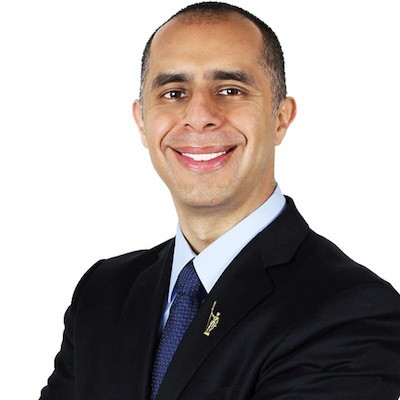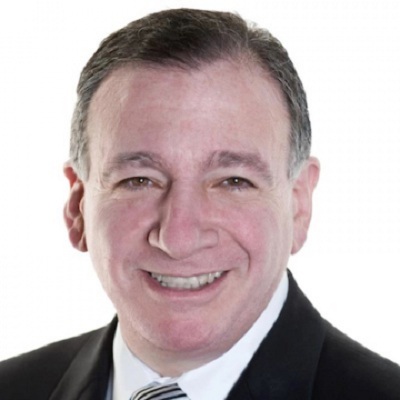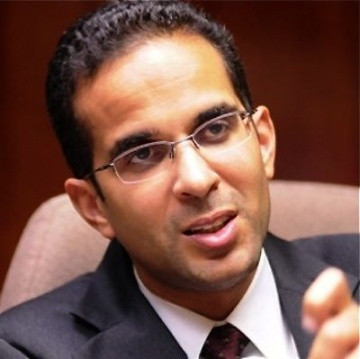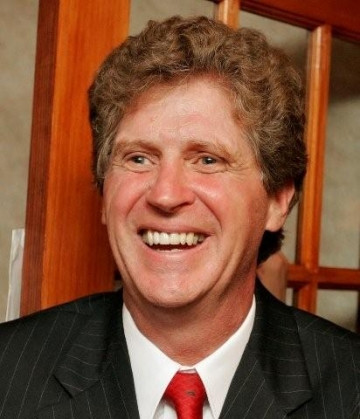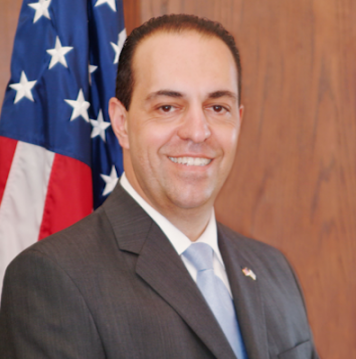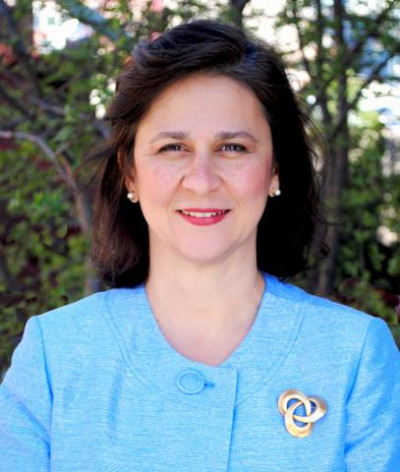TV’s Role in Political Campaigns Diminishes
Tuesday, September 16, 2014
The political old adage in politics is that the candidate who spends the most money on television is the candidate who wins on Election Day.
Now, it appears there will be a new political reality. An analysis of all political TV ad buys in this year’s primary indicates that this is no longer the case in Rhode Island.
See SLIDES: Local TV Advertising By RI Primary Candidates BELOW
GET THE LATEST BREAKING NEWS HERE -- SIGN UP FOR GOLOCAL FREE DAILY EBLAST“We are in the era of spend more get less with TV ads. There is so much clutter, fewer people see the ads, even fewer remember them. But we are all going to online, paying for very sophisticated targeting and trying to penetrate,” said Democratic media strategist Peter Fenn, who is a founder of the Center for Responsive Politics in Washington DC.
Elorza Victory Illustrates Diminished Role for TV Advertising
Never before has a candidate won a major office in Rhode Island without spending any money on television. In the Democratic primary for Providence Mayor, Jorge Elorza was able to defeat primary challenger Michael Solomon by 1,131 votes without spending a dime on television. Solomon spent about $200,000 to run campaign ads on local television over the course of the election season, according to FCC political filings by ABC 6, WJAR 10, WPRI 12, and Fox Providence 64.
According to Elorza for Mayor of Providence Campaign Manager Marisa O’Gara, the campaign’s successful ground game proved much for effective than spending hundreds of thousands of dollars on TV advertising.
"We had a great team, a strong ground game, and a candidate with real ideas to move Providence forward,” said O’Gara. “Money isn't everything in politics, and as we spent many months knocking on doors, making phone calls, and talking with residents in every corner of our city, it became increasingly clear how many people share Jorge's vision for our future."
“I would say that the Providence mayoral race is indicative of the relative inefficiency of television advertising,” said David Karpf, Assistant Professor in the School of Media and Public Affairs at George Washington University.
“Even though it is very expensive to put TV ads on the air, nobody has wanted to be the first campaign to take the leap and say we just won’t do it, yet here we have a campaign that did just that and won," said Karpf.
TV is Not Always King
An analysis of the FCC filings shows that there were a number of state races in which the candidate who spent the most on local television advertising over the course of the campaign season was defeated.
Republican gubernatorial primary winner Allan Fung was outspent on TV by his opponent, Ken Block by about $10,000, yet won by a margin of 3,131 votes. Meanwhile, Democratic candidate for Secretary of State, Nellie Gorbea was outspent by her opponent Guillaume de Ramel by a rate of about 2:1, yet defeated de Ramel by 3,207 votes.
TV spending was low among all three candidates in the Democratic primary for Lt. Governor, and the winner of the Republican primary for Lt. Governor, Catherine Taylor had not yet done any TV advertising as of Primary Day.
Democratic gubernatorial primary winner Gina Raimondo spent more than her opponents Clay Pell and Angel Taveras in television advertising over the course of the election cycle.
That being said, television advertising comprised just 28% of Raimondo’s $5 million in campaign expenditures, while TV buys comprised about one-third of more than $3.5 million Pell spent over the entire election cycle, and 40% of the $2.5 million spent by the Taveras campaign.
“What we are seeing is that in state and local primary races in Rhode Island, TV is not always king,” said Fenn. “Some of the candidates who were most successful spent their money on organizational efforts rather on the nuclear option which is TV. TV gets you in the game especially if you have low name recognition, but it doesn't always get you across the finish line.”
Online is the New Frontier
“For years, TV was the biggest game of town because the consultants who made money off of them argued that they were. What we are seeing happening slowly and behind the scenes is that the data supporting the effectiveness of online ads is getting better and the data supporting the effectiveness of TV ads is nonexistent,” said Karpf.
According to media experts, online ads can be more efficient for campaigns because they can be targeted and campaigns are able to get more data through cookies on who the users are that you are trying to reach.
“Online ads are so attractive because can geotarget folks better with online than you can do on television and even do with mail. With online you can actually deliver a targeted TV spot and select who sees it on the basis of demographics, voting likelihood, geography, and the issues they care about most,” said Fenn.
“Let’s say a campaign is interested in going after women voters who are between the ages of 35 and 50, who voted in 3 of the 4 last elections, you can do that kind of targeting online. We can also go to folks based upon certain interest levels based upon the cookies that are on some people’s computers, so if you find out that someone is very interested in education and goes to a lot of education websites you can zero in on that,” said Fenn.
Politico's Darren Samuelsohn reported that digital campaign spending has increased by 1,825 percent from where it was in 2010 in an article published last month.
Overall TV Viewership is Down
New research from Nielsen show that while viewers are watching more video content every day, their method of viewing has shifted considerably.
Nielsen found that “live” Broadcast (not DVRed) TV viewership use among adults fell to 4 hours and 36 minutes per day in the second quarter from 4:48 a year ago, according to their most recent report. Meanwhile, the use of smart phones grew to 1:25 from 1:04 a day. That’s up significantly from 2012, when smart phone use was just 48 minutes per day.
In a report released this past March, Millward Brown found that daily smartphone screen time has now surpassed TV in the United States and that 41 percent of the TV audience was simultaneously using a mobile device (tablet, smartphone).
With TV viewership on the decline vis-a-vis online and mobile, paying the high rates for air time in big city media markets is becoming the less desirous option for campaigns from a cost-benefit perspective.
According to media experts, online advertising is the new frontier that will continue to transform political advertising in Rhode Island and across the country in election cycles to come.
“Online is still in its infancy. I don’t think online will come into full fruition in political campaigns until at least 2016, maybe even 2018 or 2020,” said Fenn.
“What we are seeing in Rhode Island is the beginning of a slow shift away from television among campaigns that is going to continue,” said Karpf.
Editor's Note: A previous version contained a factually incorrect quote by Karpf. Providence is not part of the Boston media market.
Related Slideshow: TV’s Role in Political Campaigns Diminishes
The slides below break down how much money each candidate in this year's statewide primary races for Governor, Lt. Governor, General Treasurer, and Secretary of State as well as the Democratic primary for Mayor of Providence spent on television advertising. To put these numbers in context, the slides also show total campaign spending by each candidate, and the % of the vote each candidate received on Primary Day.
The total local TV advertising figure for each candidate encompasses all local TV expenditures per the FCC political filings made available to GoLocalProv by local TV networks ABC6, WJAR 10, WPRI 12, and Fox Providence 64.
An analysis of the FCC filings shows that there were a number of state races in which the candidate who spent the most on local television advertising over the course of the campaign season was defeated.
Related Articles
- Cost of Rhode Island Governor Race Up 500 Percent Since 2006 Election Campaign
- LISTEN: Election 2014: Candidates’ Strengths and Weaknesses
- 72% of 2014 Gubernatorial Campaign Expenditures Spent Out of State
- Russell Moore: Buddy Still Favorite in Mayoral Bid
- More Changes in RI Media - Projo Cuts, New Interim Publisher, and Union Furious
- See RI Candidates’ Strengths and Weaknesses
- The Scoop: Fung Poll Shows Dead Heat With Raimondo
- NEW: McKee CIaims Taylor Splitting from Fung
- Where Do RI Labor Unions Go From Here?
- Public Employee Unions May Decide the 2014 Democratic Primary
- LISTEN: Where Do RI Labor Unions Go From Here?
- Russ Moore: Can Raimondo Out-Spin The Unions?
- LISTEN: 72% of 2014 Gubernatorial Campaign Expenditures Spent Out of State






